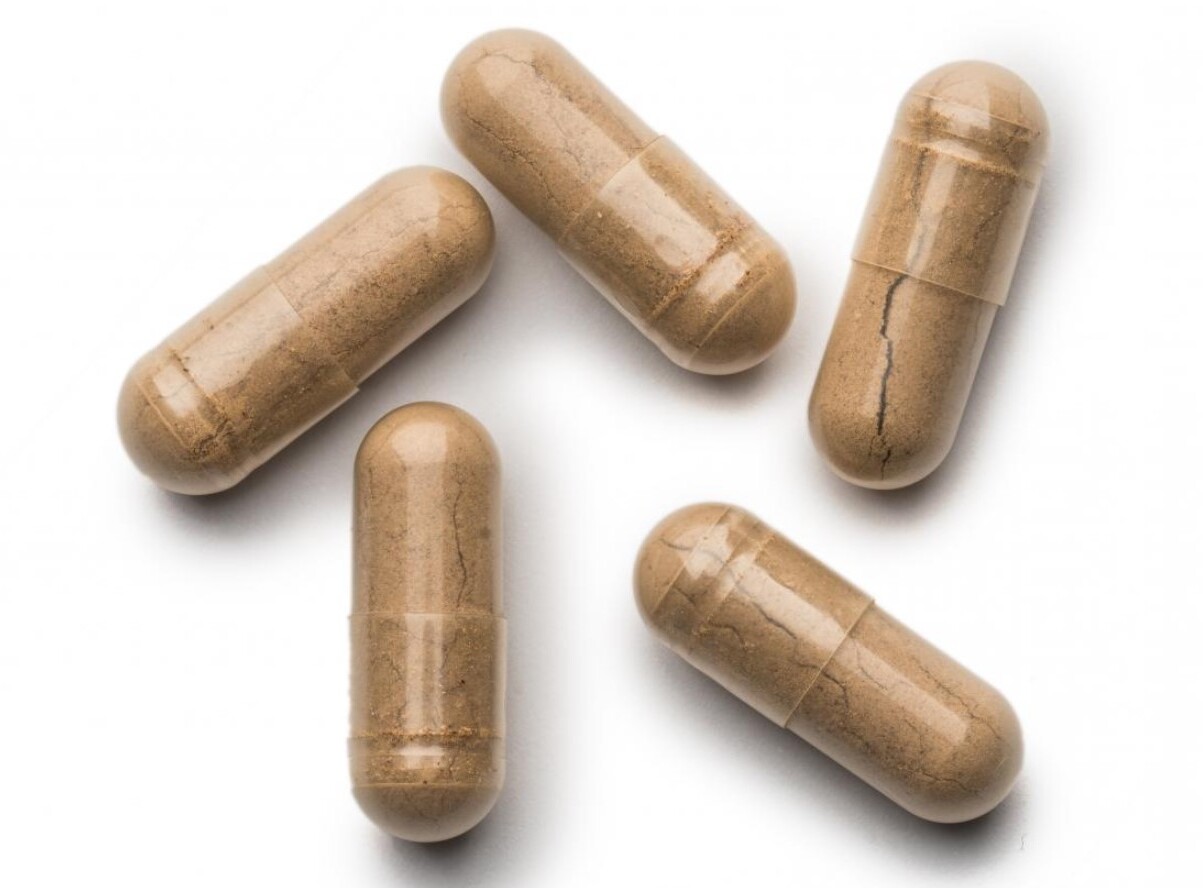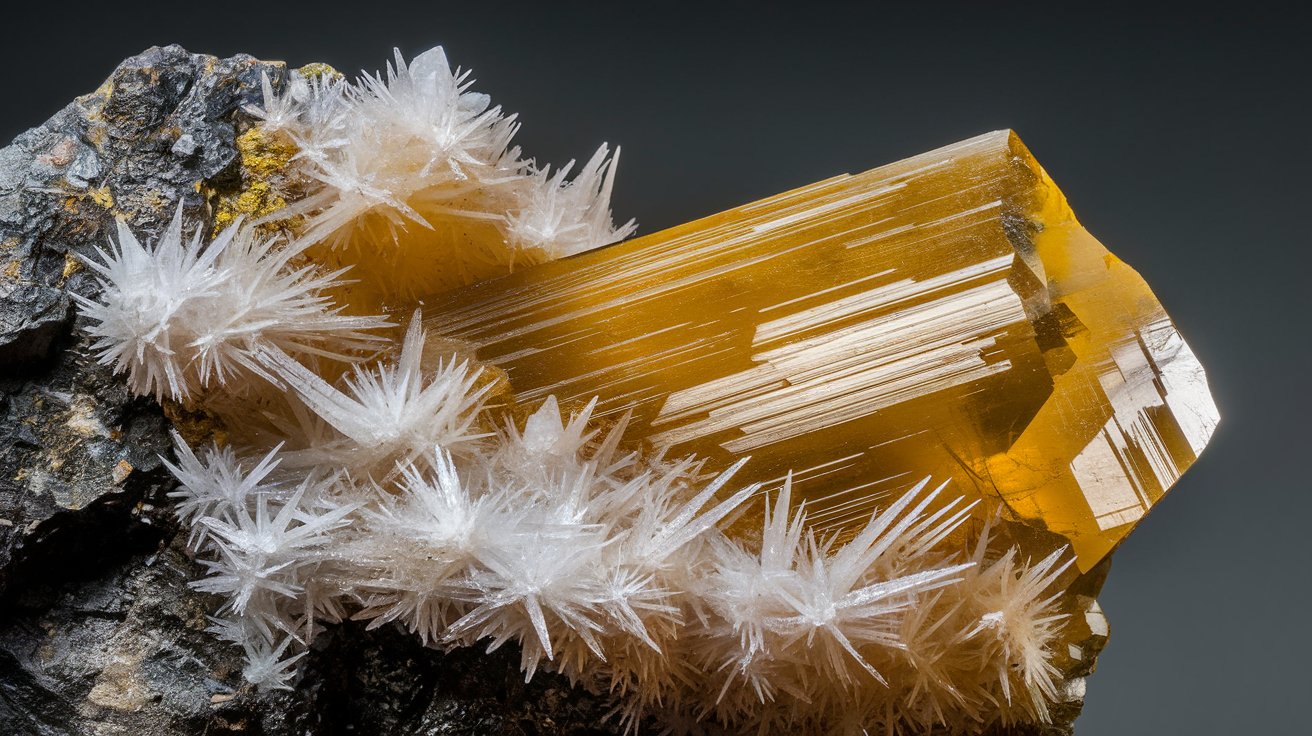
What is Dehydroepiandrosterone (DHEA)? Dehydroepiandrosterone (DHEA) is a hormone produced by the adrenal glands, which sit atop your kidneys. It serves as a precursor to male and female sex hormones, including testosterone and estrogen. DHEA levels peak in early adulthood and gradually decline with age. This hormone plays a crucial role in various bodily functions, such as immune response, energy levels, and mood regulation. Some people take DHEA supplements to combat aging, improve athletic performance, or enhance sexual function. However, it's essential to understand both the benefits and potential risks before considering supplementation. Ready to dive into 43 intriguing facts about DHEA? Let's get started!
Key Takeaways:
- DHEA, the "mother hormone," is crucial for reproductive health, immune function, and bone density. Its levels decline with age, but natural methods like exercise and a balanced diet can help maintain healthy levels.
- DHEA supplements have potential benefits for conditions like diabetes and lupus, but they also come with risks like hormonal imbalances and interactions with medications. Consulting a healthcare provider is essential before considering supplementation.
What is Dehydroepiandrosterone (DHEA)?
Dehydroepiandrosterone, commonly known as DHEA, is a hormone produced by the adrenal glands. It plays a crucial role in the production of other hormones, including testosterone and estrogen. Let's dive into some fascinating facts about DHEA.
-
DHEA is often referred to as the "mother hormone" because it serves as a precursor to male and female sex hormones.
-
The adrenal glands, located above the kidneys, are the primary producers of DHEA in the body.
-
DHEA levels peak in your mid-20s and gradually decline with age.
-
By the age of 70, DHEA levels can drop to as low as 10-20% of peak levels.
-
Both men and women produce DHEA, although men typically have higher levels.
Functions of DHEA in the Body
DHEA is involved in various bodily functions, making it an essential hormone for overall health. Here are some key roles it plays:
-
DHEA helps in the production of testosterone and estrogen, which are vital for reproductive health.
-
It supports the immune system by enhancing the activity of natural killer cells.
-
DHEA has anti-inflammatory properties, which can help reduce inflammation in the body.
-
It plays a role in maintaining bone density, reducing the risk of osteoporosis.
-
DHEA influences mood and cognitive function, potentially improving mental clarity and reducing symptoms of depression.
DHEA and Aging
As we age, DHEA levels decline, which can impact various aspects of health. Here are some facts about DHEA and aging:
-
Lower DHEA levels are associated with increased risk of age-related diseases, such as cardiovascular disease and diabetes.
-
Some studies suggest that DHEA supplementation may improve skin health, reducing signs of aging like wrinkles and sagging.
-
DHEA may help improve muscle mass and strength in older adults, combating age-related muscle loss.
-
Research indicates that DHEA supplementation could enhance libido and sexual function in older individuals.
-
There is evidence that DHEA may support cognitive function, potentially reducing the risk of dementia.
DHEA Supplements
DHEA supplements are available over-the-counter and are often used to address various health concerns. Here are some important facts about these supplements:
-
DHEA supplements are derived from wild yam or soy, which are chemically processed to produce the hormone.
-
They are commonly used to boost energy levels and improve overall well-being.
-
Some athletes use DHEA supplements to enhance performance, although it is banned by many sports organizations.
-
DHEA supplements may help alleviate symptoms of menopause, such as hot flashes and mood swings.
-
It is important to consult a healthcare provider before starting DHEA supplements, as they can interact with other medications and have potential side effects.
Potential Benefits of DHEA
DHEA has been studied for its potential benefits in various health conditions. Here are some findings:
-
DHEA may help improve insulin sensitivity, potentially benefiting individuals with type 2 diabetes.
-
It has been studied for its potential to reduce symptoms of lupus, an autoimmune disease.
-
Some research suggests that DHEA may improve symptoms of chronic fatigue syndrome.
-
DHEA has been investigated for its potential to enhance fertility in women with diminished ovarian reserve.
-
There is evidence that DHEA may support cardiovascular health by improving blood vessel function.
Risks and Side Effects of DHEA
While DHEA has potential benefits, it is important to be aware of the risks and side effects. Here are some key points:
-
High doses of DHEA can lead to hormonal imbalances, causing symptoms like acne and hair loss.
-
DHEA supplementation may increase the risk of hormone-sensitive cancers, such as breast and prostate cancer.
-
It can cause mood swings and irritability in some individuals.
-
DHEA may interact with medications, including blood thinners and hormone replacement therapy.
-
Long-term use of DHEA supplements is not well-studied, and their safety over extended periods remains uncertain.
DHEA in Research
Ongoing research continues to explore the potential uses and effects of DHEA. Here are some interesting findings:
-
Studies are investigating the role of DHEA in improving bone health in postmenopausal women.
-
Research is being conducted on the potential of DHEA to enhance immune function in older adults.
-
Scientists are exploring the use of DHEA in treating adrenal insufficiency, a condition where the adrenal glands do not produce enough hormones.
-
There is ongoing research into the effects of DHEA on mood disorders, such as depression and anxiety.
-
DHEA is being studied for its potential to improve cognitive function in individuals with mild cognitive impairment.
Natural Ways to Boost DHEA Levels
While supplements are one way to increase DHEA levels, there are natural methods as well. Here are some tips:
-
Regular exercise, particularly high-intensity interval training (HIIT), can help boost DHEA levels.
-
A balanced diet rich in healthy fats, such as omega-3 fatty acids, supports hormone production.
-
Reducing stress through practices like meditation and yoga can help maintain healthy DHEA levels.
-
Getting adequate sleep is crucial for hormone balance, including DHEA production.
-
Maintaining a healthy weight can positively impact DHEA levels, as obesity is linked to lower levels of the hormone.
Interesting Facts About DHEA
Here are some additional intriguing facts about DHEA that you might find surprising:
-
DHEA is one of the most abundant hormones in the human body.
-
It is also produced in small amounts by the brain, skin, and reproductive organs.
-
Some studies suggest that DHEA levels can be influenced by genetics, with certain individuals naturally having higher or lower levels.
The Final Word on DHEA
DHEA, a hormone produced by the adrenal glands, plays a crucial role in various bodily functions. It impacts mood, energy levels, immune function, and bone density. While DHEA supplements are popular for their potential benefits, it's essential to approach them with caution. Overuse or misuse can lead to unwanted side effects like acne, hair loss, and hormonal imbalances.
Consulting a healthcare professional before starting any DHEA supplement is wise. They can provide personalized advice based on individual health needs and conditions. Remember, natural ways to boost DHEA levels include regular exercise, a balanced diet, and stress management.
Understanding DHEA's role in the body helps make informed decisions about health and wellness. Stay curious, stay informed, and always prioritize well-being.
Frequently Asked Questions
Was this page helpful?
Our commitment to delivering trustworthy and engaging content is at the heart of what we do. Each fact on our site is contributed by real users like you, bringing a wealth of diverse insights and information. To ensure the highest standards of accuracy and reliability, our dedicated editors meticulously review each submission. This process guarantees that the facts we share are not only fascinating but also credible. Trust in our commitment to quality and authenticity as you explore and learn with us.


